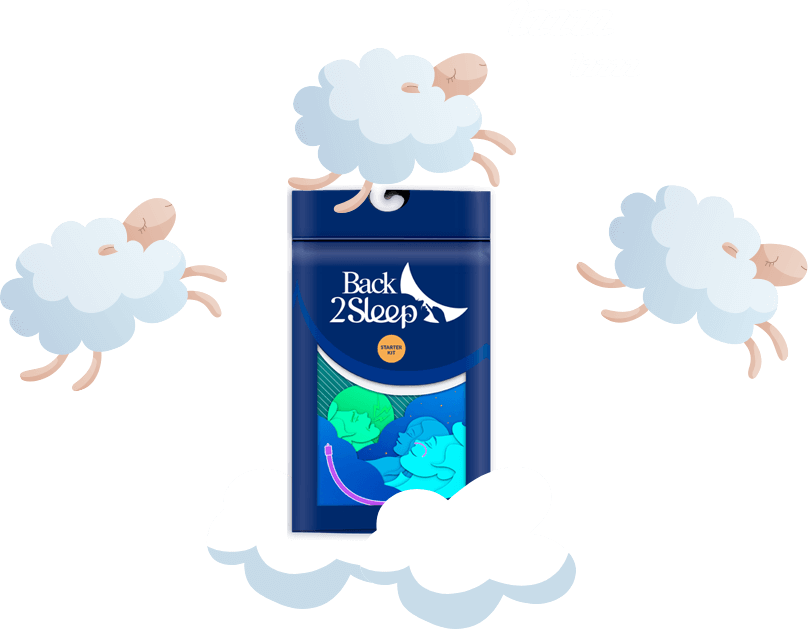Tonsillitis is an inflammation of the tonsils, two masses of lymphoid tissue located at the back of the throat. This condition, often associated with symptoms such as sore throat, fever and difficulty swallowing, can be caused by a viral or bacterial infection. Viral infections, such as those associated with the common cold, are the most common and generally do not require antibiotic treatment.
On the other hand, bacterial tonsillitis, often caused by bacteria of the Streptococcus group, may require antibiotic treatment to avoid complications. Rapid diagnosis by a healthcare professional is essential to distinguish between viral and bacterial infection, and to adapt treatment accordingly.
Suggested article: "Snoring - Definition, causes, devices and treatments"
Recognizing the symptoms of tonsillitis
Typical symptoms include pronounced tonsillar pain and a red, swollen throat , often accompanied by white spots or a whitish coating on the tonsils, indicating the presence of pus. Pain intensifies on swallowing, and may be accompanied by bad breath, high fever and swollen lymph nodes in the neck.
Symptoms in children vs. adults
In children, tonsillitis often manifests itself with gastrointestinal symptoms such as vomiting or abdominal pain, in addition to classic signs such as sore throat and fever. Young children can become irritable and refuse to eat because of the pain of swallowing.
In adults, symptoms are generally more focused on the throat and respiratory tract, with pain that may radiate to the ear and a sensation of obstruction when breathing or swallowing.
An ENT consultation may be necessary if symptoms persist despite initial treatment.
Atypical symptoms
Although tonsillitis is mainly known for its typical symptoms, some atypical signs can also occur. These symptoms include a nasal voice due to swollen tonsils affecting resonance, skin rashes linked to certain bacterial infections, such as scarlet fever, and joint pain in rare and severe cases such as rheumatic fever.
Extreme fatigue may also be present, particularly in cases of infectious mononucleosis. When faced with such symptoms, a medical assessment is essential to diagnose the underlying cause and prescribe the right treatment.
Snoring is another non-painful symptom, but just as annoying. Tonsillitis can lead to ronchopathy. Various remedies and medical solutions are available to relieve snoring. It is possible to use the intranasal orthosis Back2Sleep.
Underlying causes of tonsillitis
Infectious causes dominate, with a preponderance of viral infections such as influenza or herpes, and bacterial infections, mainly caused by group A streptococci . The angina is a form of bacterial tonsillitis, often require treatment with antibiotics to avoid complications such as rheumatic fever or glomerulonephritis.
Beyond infections, non-infectious factors can also play a role, such as gastro-oesophageal reflux or environmental allergens, causing chronic tonsil irritation. Immune system disorders can also predispose to recurrent episodes of tonsillitis. Knowing the origin of tonsillitis is crucial, as it directly influences the choice of treatment, whether natural remedies, anti-inflammatories or antibiotic therapy.

Risk factors
Some individuals are more likely to develop tonsillitis. Children and young adults are particularly vulnerable, as their close contact in school and university environments encourages the spread of respiratory pathogens.
Inadequate hand hygiene and exposure to tobacco smoke also increase the risk of tonsillitis. People with weakened immune systems, whether due to congenital conditions, disease or immunosuppressive drugs, are also at greater risk.
Careful assessment by a healthcare professional is essential to identify and mitigate these risk factors.
Treating tonsillitis: What are the options?
The treatment options vary according to the underlying cause. If tonsillitis is bacterial, often streptococcal, antibiotics such as penicillin are prescribed to eradicate the infection.
When viral, treatment is based on symptom relief: analgesics such as paracetamol or ibuprofen, hydration and rest.
Tonsil removal, or tonsillectomy, is considered in cases of recurrent bacterial tonsillitis or complications. Curing tonsillitis depends on appropriate treatment and medical follow-up, especially to prevent complications such as rheumatic fever or abscesses.

Effective home treatments
To manage tonsillitis at home, several measures can be adopted. Drinking warm liquids or sucking on lozenges can soothe a sore throat. Gargling with salt water can also relieve inflammation.
Taking analgesics such as paracetamol helps to calm pain and reduce fever. Maintaining good hydration and getting enough rest are crucial. Remedies such as honey, lemon juice or herbal teas can offer temporary comfort.
However, if symptoms persist or worsen, consulting a doctor is imperative to avoid complications.
When is surgery necessary?
Tonsillectomy, or surgical removal of the tonsils, is considered in cases of recurrent acute tonsillitis, frequent streptococcal angina resistant to treatment, or complications such as peritonsillar abscesses.
This procedure is also indicated when tonsillitis causes respiratory problems, such as sleep apnea. The surgical procedure is generally straightforward, performed under general anaesthetic.
Post-operative recovery requires rest and a suitable diet to promote healing. Tonsil removal often significantly reduces the frequency and severity of throat infections.

- Choosing a selection results in a full page refresh.
- Opens in a new window.








